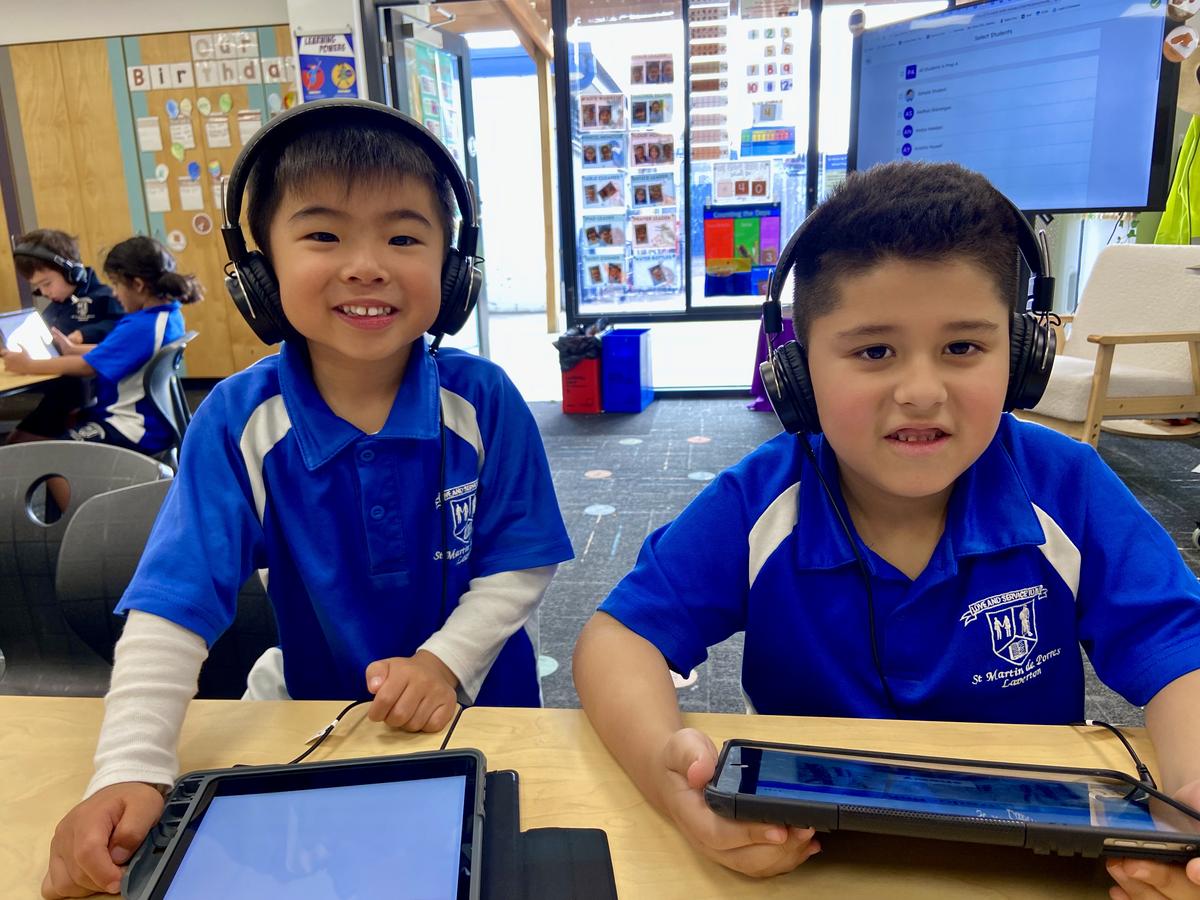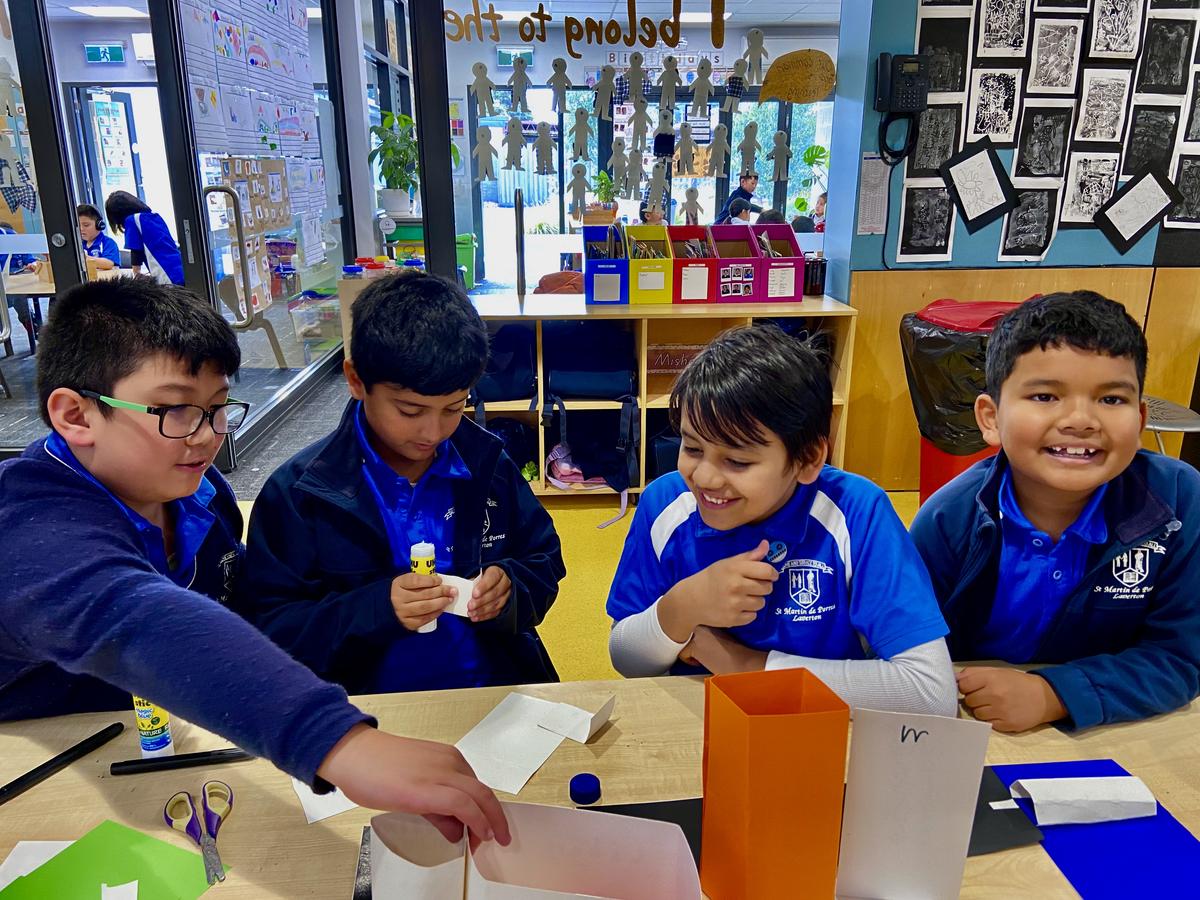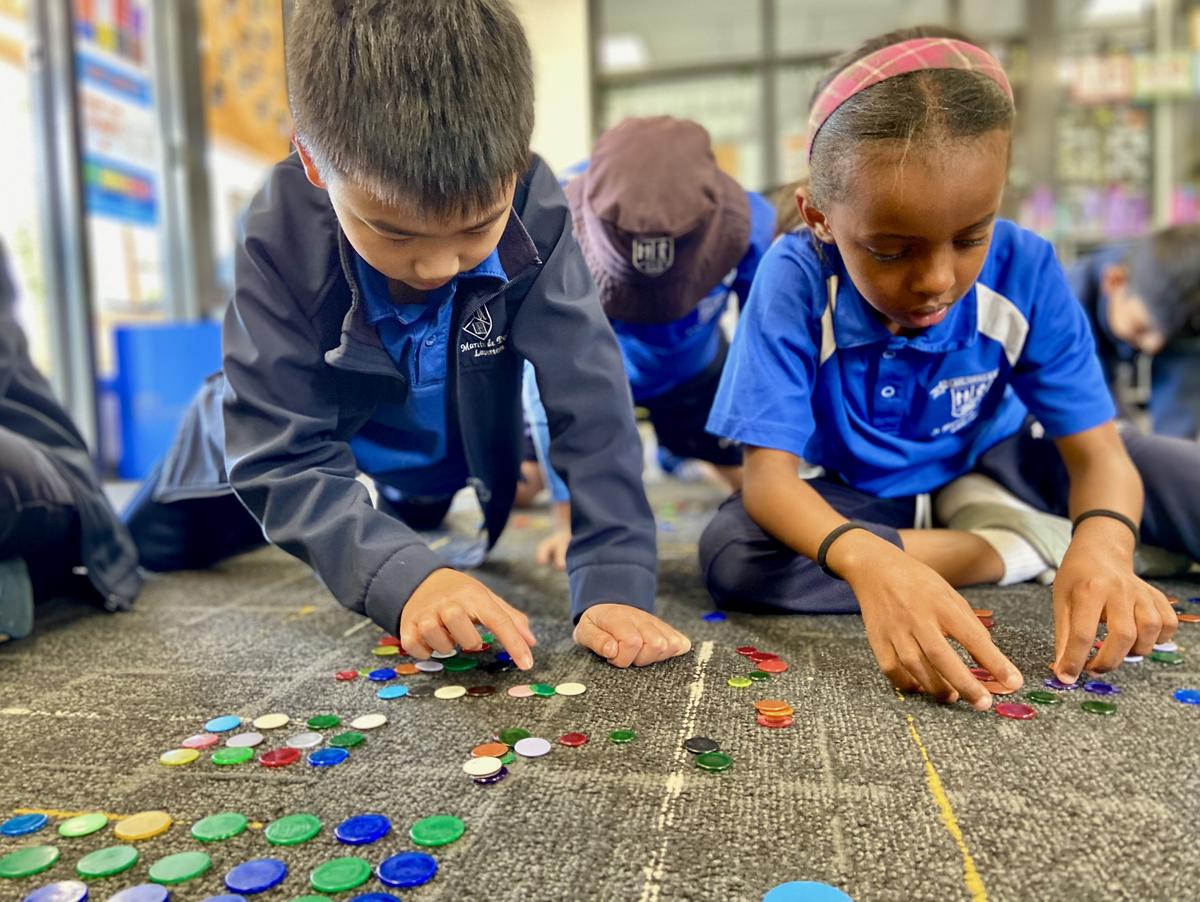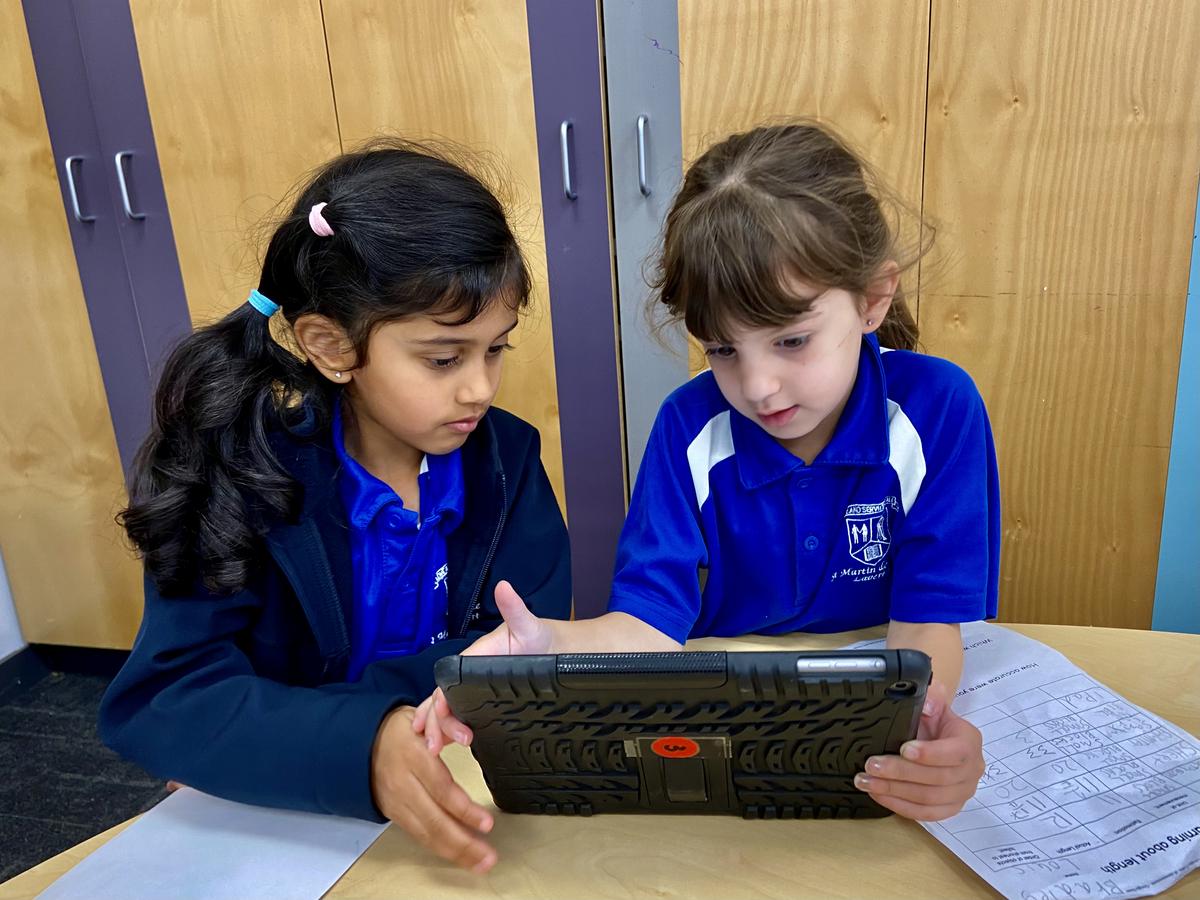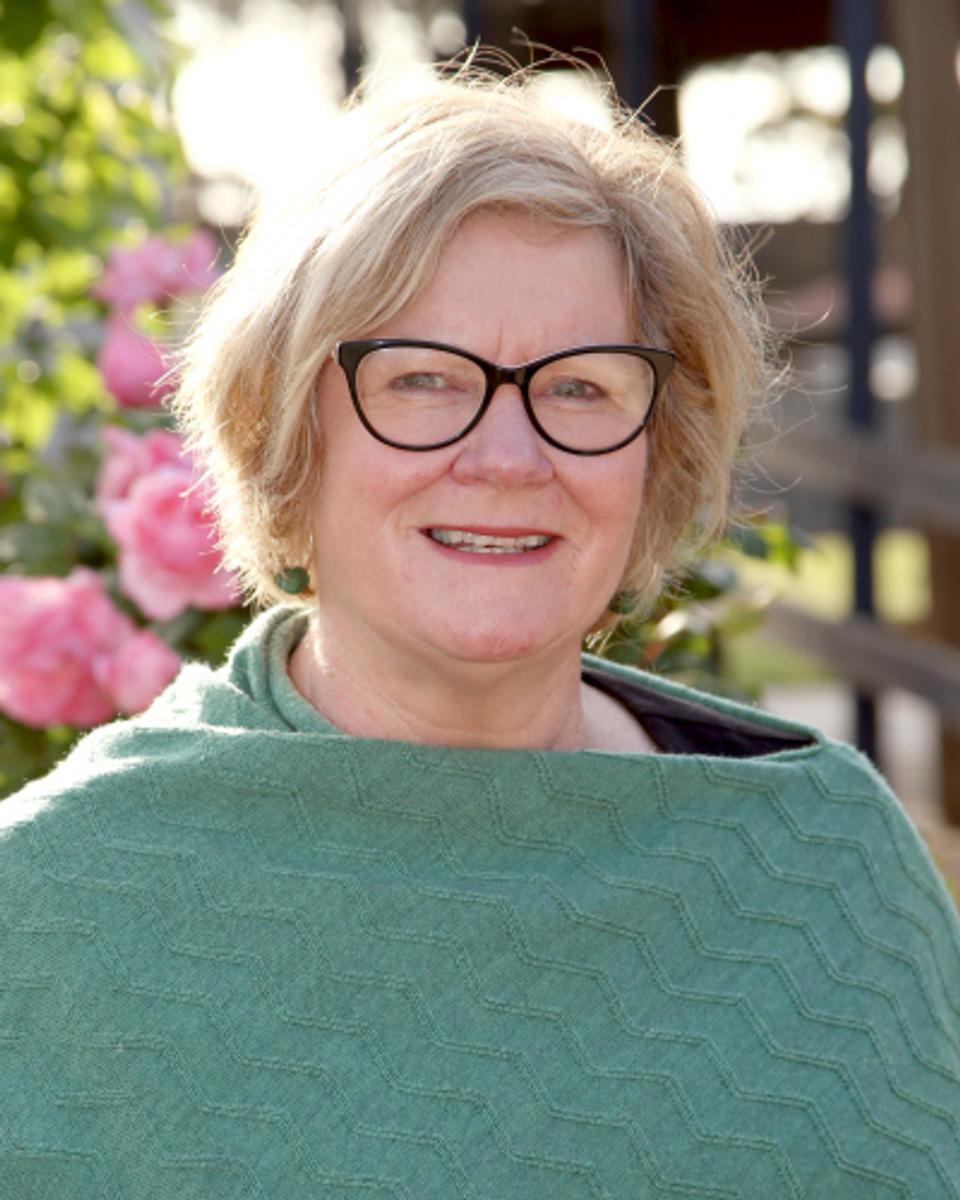Learning and Teaching News
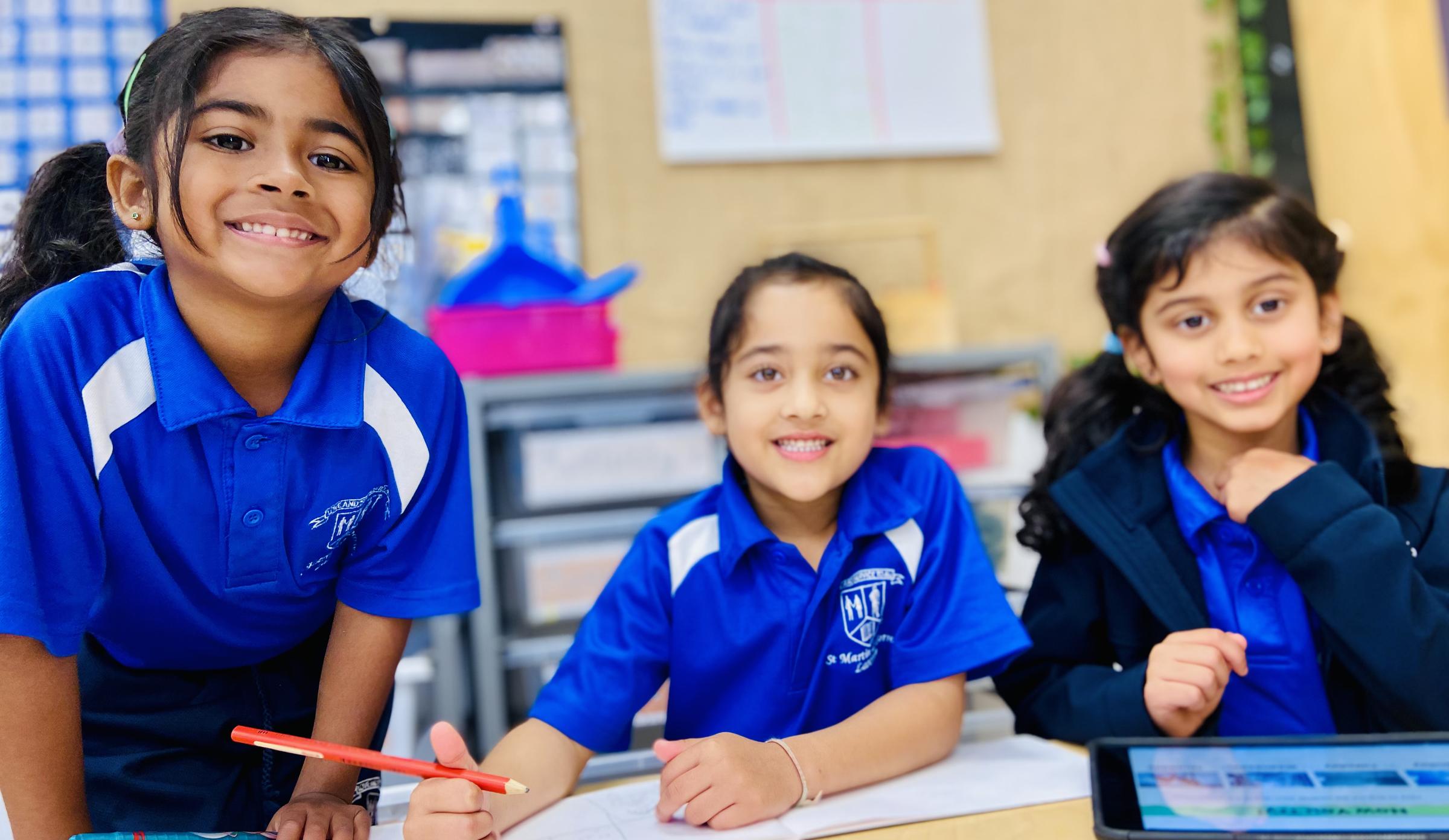
In a primary school, subjects other than English, Mathematics, Religious Education and those taught by specialist teachers (Performing and Visual Arts, Languages other than English - Japanese, Digital Technology, Physical Education and Sustainability) are taught in a combined and interconnected way.
This makes the learning meaningful, purposeful and manageable. We call this Inquiry Learning.
Teachers design journeys of inquiry with and for learners that help them see connections across learning areas and between ‘school’ learning and the world beyond school.
They teach learners how to collaborate as they investigate problems, projects and passions.
Inquiry learning is a process and it is ultimately the skills and dispositions of the learner that are as important as the content.
Taking an inquiry approach to learning means you have to be a researcher, a thinker, a self-manager, a communicator and a collaborator.
Teachers plan an Inquiry for their students based on their knowledge of a broad curriculum so they can address as many Victorian Curriculum outcomes as relevant. Big concepts that drive Inquiry Units include change, sustainability, history, culture, ecosystems and relationships.
Every couple of weeks, on Seesaw, class teachers provide an overview of learning for the following two or three weeks.
This is so you know the big ideas and key learnings and can support your child's learning and connect their in school learning with real world learning.
You are encouraged to share your own knowledge, help them to access relevant resources like experts, books and videos and discuss your experiences of the topic.
You might take them to places to build their knowledge of the topic and ask probing questions and draw their attention to relevant past experiences.
The Units of Inquiry for Term 2 are as follows:
Year level | Inquiry title and big question | Snap shot of the Inquiry |
|---|---|---|
Prep
| Open your senses, open your world.
How does the world around us work? | An inquiry into using the five senses to identify and describe objects and living things. Scientific thinking and skills of observing, classifying and describing will be developed as students group together animals based on their features. |
Year One/Two | What’s up there, what's down here and how does it affect us?
How does the world work?
| An inquiry into forces, gravity and movement through problem solving and design challenges. Sound and light and the earth in space will be explored. |
Year Three/Four | Tiny to Mighty!
How do animals survive and what is the human impact on their survival? | An inquiry into the life cycles of animals and the human impact on the survival of living things. Students will explore different habitats and strategies for conservation. |
Year Five/Six | Earth Sun and Survival!
How do natural events and changes in our environment impact the Earth's surfaces and living things?
| A Science inquiry into the connections between Earth's changing surface, the Solar System, adaptations, and environmental impact. Fostering curiosity, hands-on activities, and critical thinking, this inquiry will assist students gain a deeper understanding of the dynamic world around them. |
We look forward to all learners in your home, young and not so young, journeying together as inquirers in Term 2.
Denise Kelly
Co-Deputy Principal | Learning & Teaching Leader
Elise Coghlan
Co-Deputy Principal | Literacy & Numeracy Leader | Visible Learning Leader

